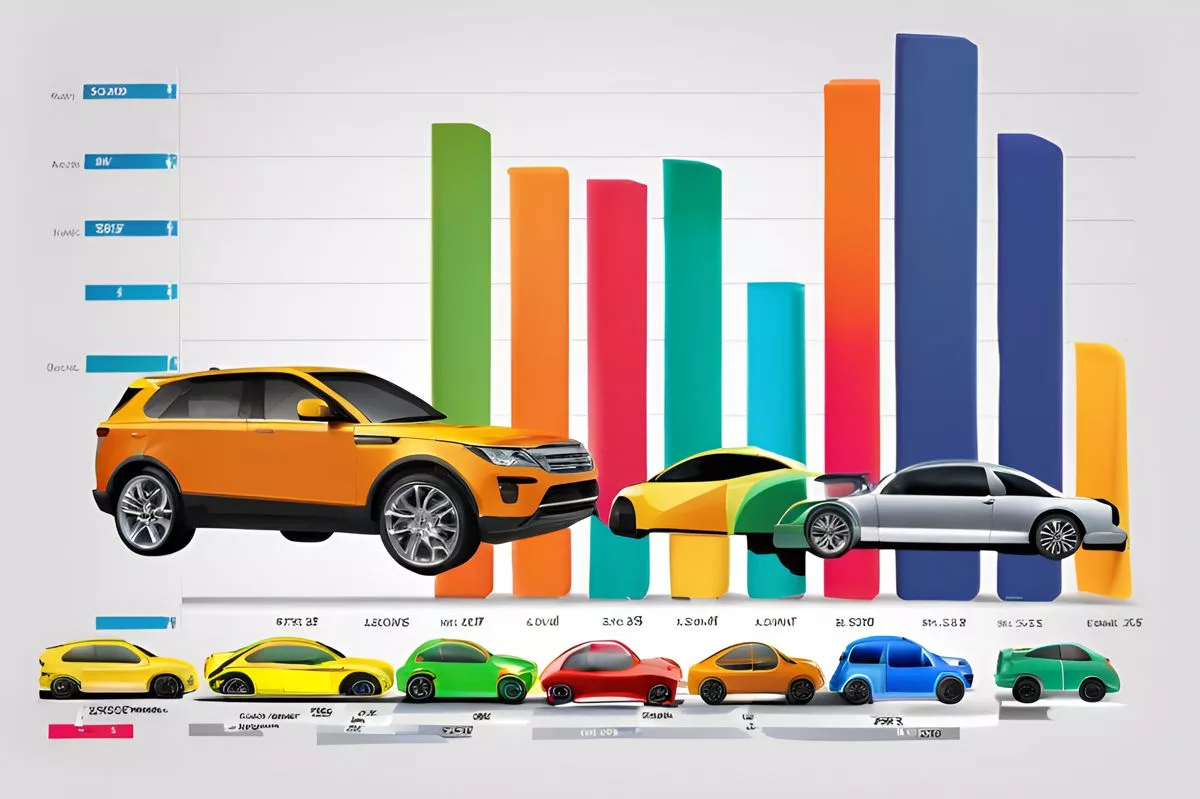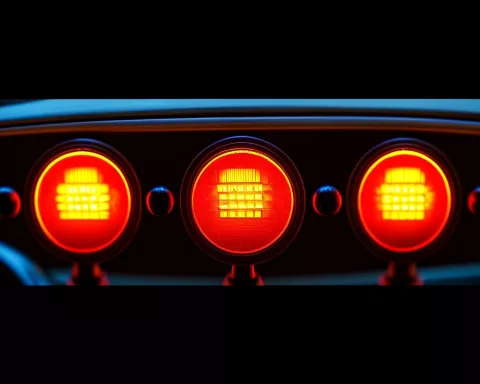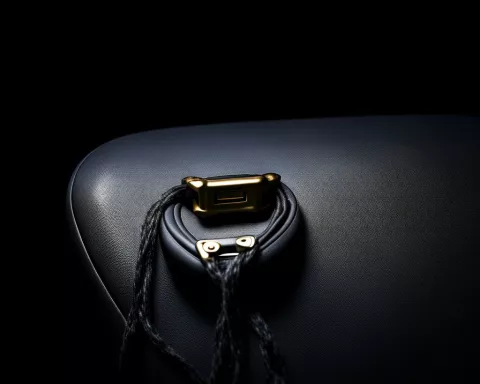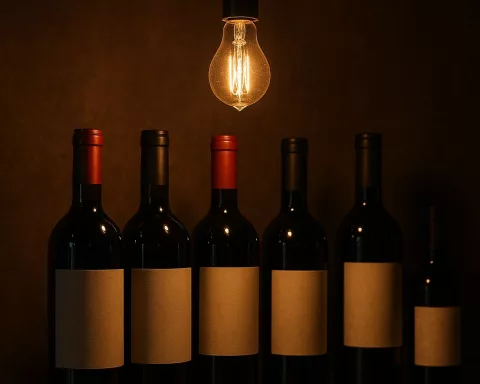King Price Insurance has analysed data to determine the ten car brands and models that have recorded the fewest hijackings in South Africa, including the Audi Q3, Chery Tiggo 4 Pro, Ford Fiesta, Ford Figo, Hyundai Creta, Nissan Almera, Nissan Magnite, Subaru Forester, Suzuki Vitara and Renault Clio. The preference for vehicles with sturdy engines that can endure the rigours of African roads is also a factor in preventing car hijackings in the country. However, the same factors that make certain cars a prime target also shield others from theft and hijacking.
The Factors Preventing Car Hijackings in South Africa
Certain makes and models of cars are at a higher risk of being hijacked or stolen due to their popularity and the availability of parts. King Price Insurance analyzed data to determine the ten car brands and models that have recorded the fewest hijackings in South Africa. The list includes Audi Q3, Chery Tiggo 4 Pro, Ford Fiesta, Ford Figo, Hyundai Creta, Nissan Almera, Nissan Magnite, Subaru Forester, Suzuki Vitara, and Renault Clio. The preference for vehicles with sturdy engines that can endure the rigors of African roads is also a factor.
Understanding the perplexing and at times contradictory world of car hijackings is no easy task. Factors such as the demand for a particular vehicle and the availability of its parts can greatly influence its susceptibility to theft or hijacking. An analysis of data from King Price Insurance over the past couple of years offers a revealing perspective on this issue, drawing attention to ten car models that seem less likely to be hijacked in South Africa.
Ernest North, the co-founder of Naked Insurance, explains that a car’s popularity can have a direct impact on its risk of being hijacked or stolen. According to him, certain makes and models are at an increased risk of these incidents by 10% to 20%. Wahl Bartmann, the CEO of Fidelity Services Group, agrees with this theory, arguing that the laws of supply and demand greatly dictate the rate of vehicle hijackings.
Manufacturers like Toyota and Volkswagen, whose vehicles are among the most commonly produced, are target-rich environments for thieves due to their widespread popularity. Models such as the Toyota Hilux and the VW Polo, which feature in the top ten list of most-sold cars, are highly desirable for carjackers.
The Allure of Popularity: A Double-Edged Sword
The appeal of Toyota isn’t limited to its popularity alone. The ease of procuring parts across the African continent makes it a hot favorite among thieves. However, the same factors that make certain cars a prime target also shield others from theft and hijacking.
King Price Insurance examined data from reported incidents between January 2021 and April 2023, and came up with a list of ten car brands and models that have recorded the fewest hijackings. These include the Audi Q3, Chery Tiggo 4 Pro, Ford Fiesta, Ford Figo, Hyundai Creta, Nissan Almera, Nissan Magnite, Subaru Forester, Suzuki Vitara, and the Renault Clio.
The reason these vehicles aren’t often hijacked could be attributed to their lower popularity in other African countries and the scarcity of their parts. For instance, the Ford Fiesta, Figo, and Nissan Almera, which have ceased production and are no longer manufactured, have a limited supply of parts, rendering them less appealing to potential thieves.
Likewise, the Subaru Forester, a rare sight on South African roads, is possibly less of a draw due to the potential challenges in locating parts across Africa.
The Preference for Robust Engines and the Relative Safety of Vehicles
One fascinating aspect of the hijacking narrative is the preference for vehicles with sturdy engines that can endure the rigors of African roads. Vehicles like the Fortuner and Hilux are frequently targeted for their hardy engines. This preference is echoed in a report from Santam, another insurer, which observed a shift from older vehicles of lesser value with minimal security to more expensive double cabs and SUVs like the Toyota Landcruisers and Prados.
Bartmann states that about 30% of all hijacked vehicles last year were swiftly transported across the South African border. However, it’s important to be aware that the ‘safe’ cars list is specific to King Price’s experiences, and no vehicle can provide an absolute guarantee against theft or hijack attempts.
The Complex Intersection of Demand, Supply, and Part Availability
The prevalence of hijackings needs to be evaluated in light of the total number of cars on South African roads, for a more precise understanding of which cars are least likely to be targeted. The interplay of demand, supply, and part availability is a complex one that determines a car’s vulnerability or safety.
This data offers an interesting glimpse into the world of car hijackings while underscoring the impact of market dynamics on security risks. It serves as a reminder that in the realm of cars, popularity could be a mixed blessing, attracting both fans and criminals.
What cars are least likely to be hijacked in South Africa?
According to data analyzed by King Price Insurance, the ten car brands and models that have recorded the fewest hijackings in South Africa are Audi Q3, Chery Tiggo 4 Pro, Ford Fiesta, Ford Figo, Hyundai Creta, Nissan Almera, Nissan Magnite, Subaru Forester, Suzuki Vitara, and Renault Clio.
Why are certain makes and models of cars more susceptible to hijacking or theft?
According to co-founder of Naked Insurance, Ernest North, a car’s popularity can have a direct impact on its risk of being hijacked or stolen. Certain makes and models are at an increased risk of these incidents by 10% to 20%. Manufacturers like Toyota and Volkswagen, whose vehicles are among the most commonly produced, are target-rich environments for thieves due to their widespread popularity.
What is the allure of popular car models?
The appeal of popular car models like Toyota isn’t limited to their popularity alone. The ease of procuring parts across the African continent makes them a hot favorite among thieves.
Are cars with sturdy engines less susceptible to hijacking?
Vehicles with sturdy engines that can endure the rigors of African roads are frequently targeted by hijackers. This preference is echoed in a report from insurer Santam, which observed a shift from older vehicles of lesser value with minimal security to more expensive double cabs and SUVs like the Toyota Landcruisers and Prados.
Why aren’t certain less popular car models often hijacked?
Less popular car models may not be as appealing to potential thieves due to their lower popularity in other African countries and the scarcity of their parts. For instance, cars like the Ford Fiesta, Figo, and Nissan Almera, which have ceased production and are no longer manufactured, have a limited supply of parts, rendering them less appealing to potential thieves.
Can any car provide an absolute guarantee against theft or hijack attempts?
No car can provide an absolute guarantee against theft or hijack attempts. The ‘safe’ cars list compiled by King Price Insurance is specific to their experiences and should be evaluated in light of the total number of cars on South African roads. The interplay of demand, supply, and part availability is a complex one that determines a car’s vulnerability or safety.












